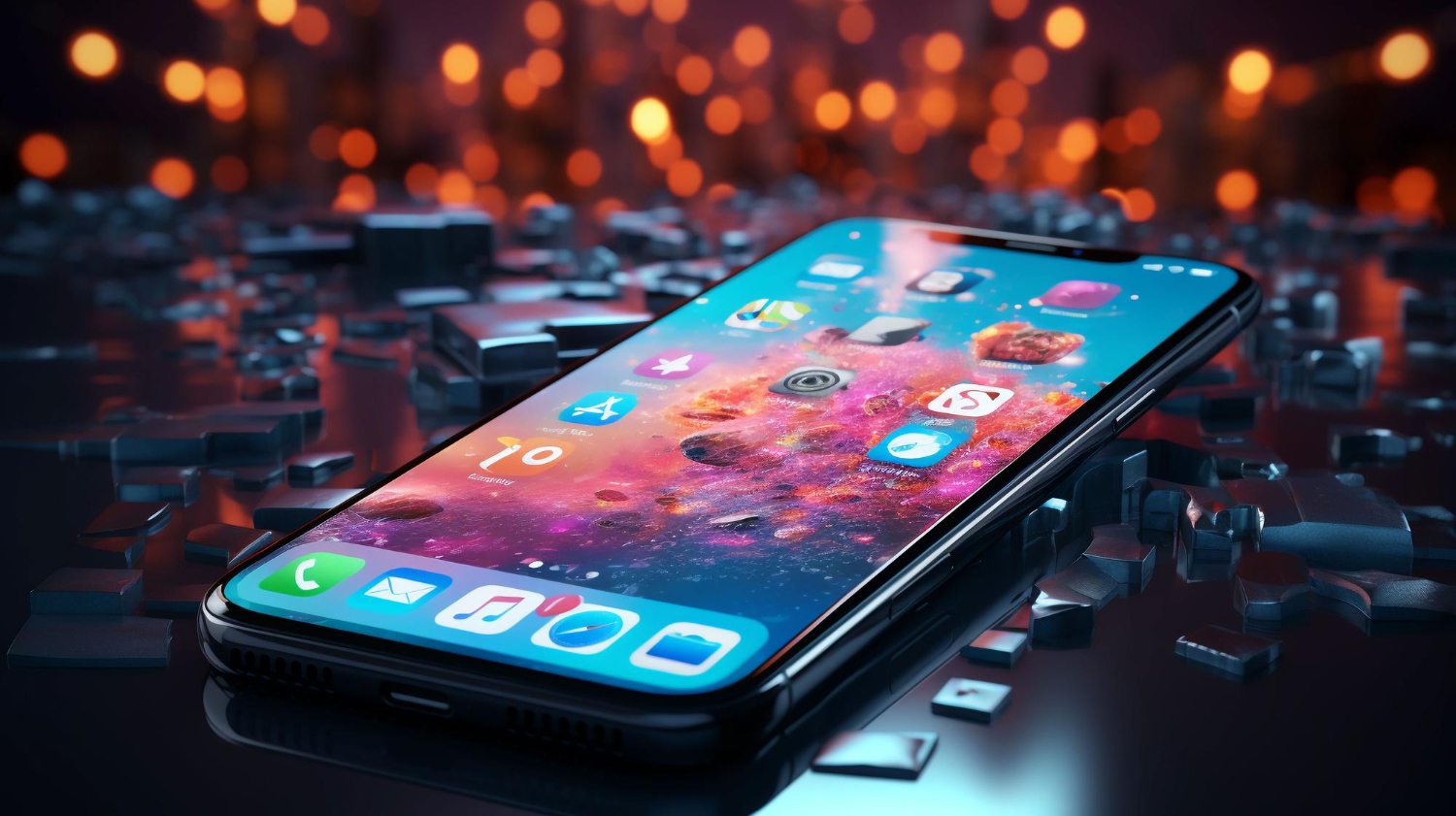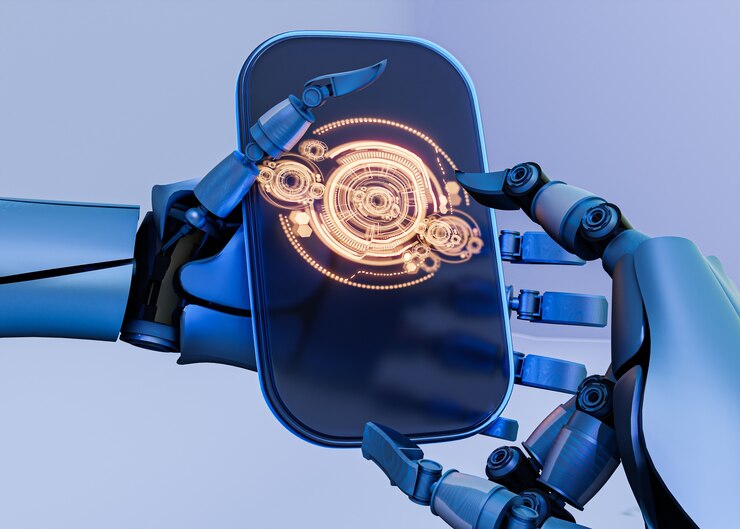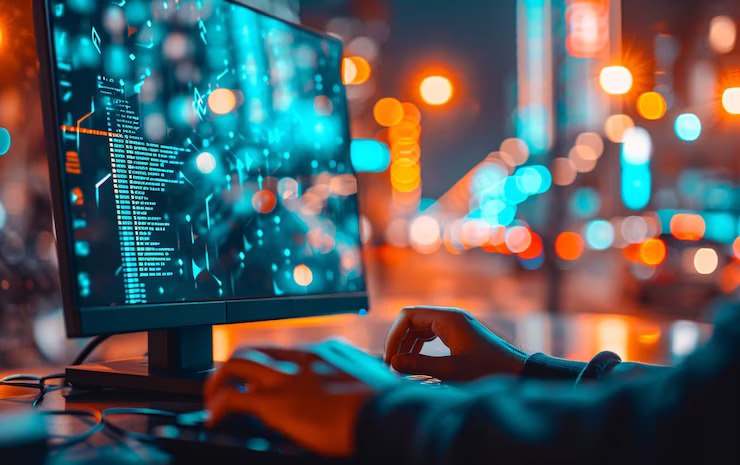BLOG
Cybersecurity in Hospitality Industry: Learn Why You Need to protect customer data
Why cybersecurity in hospitality is so critical?
Do you know it costs more to recover from a cyberattack than to prevent one?
Let’s look at examples where cyberattacks have cost millions worldwide.
FBI’s “2018 Internet Crime Report” states that more than $2.7 billion was lost due to cybercrime.
Jupiter Research predicts that more than 146 billion records will be stolen by 2023.
Hotel chain Marriott was recently fined $23.98 million in penalties for a data breach that occurred in 2014. What makes this case more alarming is that the breach was not discovered until 2018.
According to IBM research, the average cost of data breaches in 2022 was $4.4 million.
Hotels and restaurants around the world are brimming with tech and connected devices with little to no security system installed to protect their consumer data. In recent years, the hospitality industry has become a budding ground for cyber-criminals due to their lower barrier entry point to infiltrate.
So, would you rather spend millions of dollars on diagnosis or spend a few dollars on prevention?
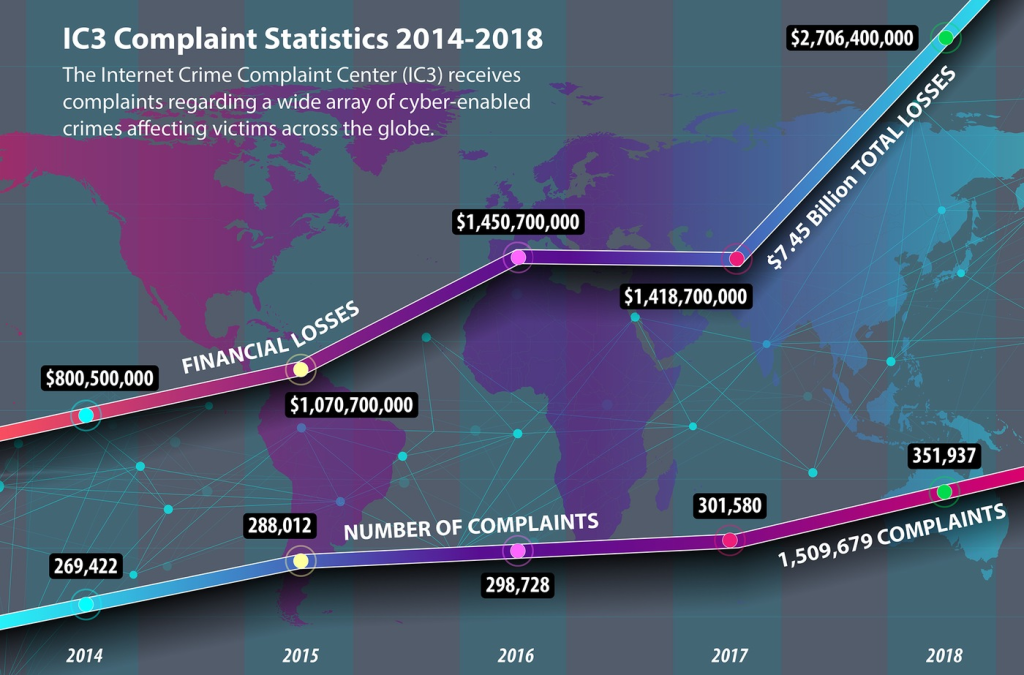
Source: FBI Releases the Internet Crime Complaint Center 2018 Internet Crime Report — FBI
Cybersecurity in hospitality: Data Breach
A data breach occurs when intentionally or unintentionally private and confidential information is shared with an unverified or untrusted source. In other words, when confidential information is viewed or downloaded by an unauthorised entity is known as a data breach.
Data breaches in hotels involve financial information like customer credit card or bank details, Personal Health Information (PHI), Personally Identifiable Information (PII), corporate details, business plans, intellectual property, IoT (Internet of Things) devices, surveillance cameras, etc, getting leaked to an unauthorised third-party source.
Hotels are highly susceptible to security breaches as they deal with a colossal amount of personal information of guests and customers.
If a data breach occurs in your hotel, criminals can have their hands on imperative information like email address, home address, credit card data, bank details, etc.
Cybersecurity in hospitality: Types of hotel security breaches
Here you will learn why cybersecurity in hospitality is imperative for building trust and why it is compulsory to protect your guests’ sensitive data.
Malware
Malware is a piece of code written with the intent to cause harm to data, devices, or people. It is one of the most common and dangerous security threats.
Malware incorporates numerous agents like:
Virus
Just like a biological virus affects our body, a coded virus will similarly infect your system and eventually cripple it if you leave it unchecked.
Trojans
Trojans disguise themselves as legitimate software or hide with legitimate software that has been tampered with.
They attack your system once you install the software.
Spyware
Spyware runs in the background and records all your online activity. Without your knowledge, it records all your passwords, digital payment information, credit card information, names, address, and other private details.
Worms
Criminals design worms to infect a whole network of connected devices and then use the whole network to infect more, either locally or across the internet.
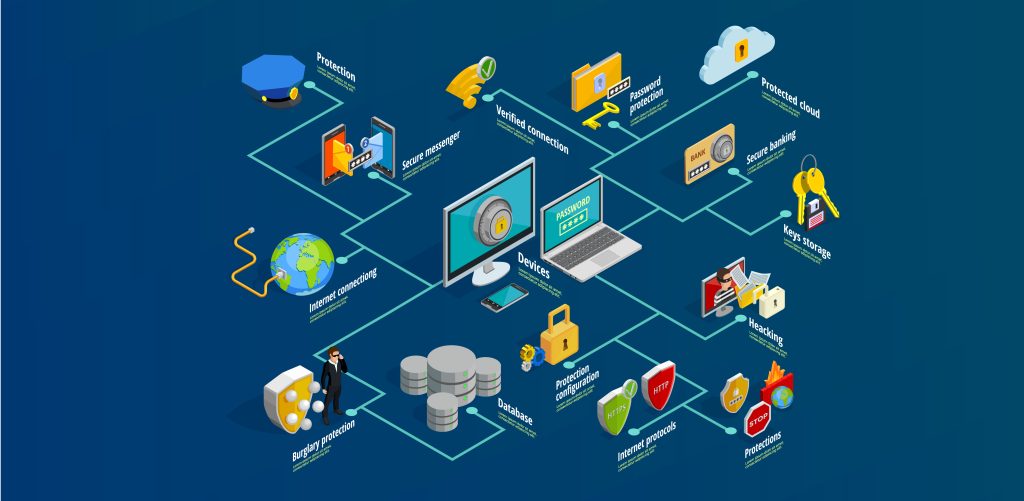
Ransomware
As the name suggests, ransomware locks your system or important files and threatens to destroy them unless you pay a hefty ransom to the hacker.
Adware
Adware serves you annoying pop-ups and ads, and once you click on one, it gives way for other malware to get in and infect your system and data.
Precaution
Different malware requires different methods of removal and protection.
Always avoid engaging with suspicious emails and clicking insecure links.
Make sure to install anti-malware and anti-virus software installed in all your devices.
Spam
Spam dates back to 1970, thanks to a Monty Python sketch. It involves sending unsolicited messages or advertising via emails.
It can also include instant messaging spam, search engine spam, blogs spam, wiki spam, online ads spam, text message spam, online forum spam, junk fax transmissions, social media spam, mobile apps spam, television adverting and file sharing spam. Spams carry more dangerous and destructive malware with them.
Precaution
Avoid opening emails from an unknown source.
Never click on links that promise unsolicited offers, discounts, or changes of passwords. Delete or block these emails.
Do not click on any link even if it says ‘unsubscribe,’ it will just confirm the email address is active and encourage more spam.
Be incredibly careful with whom you share your main email address.
Implement web contact forms instead of posting your email address on your website.

DoS Attacks
This is one of the greatest cybersecurity in hospitality threats in recent years. DoS or Denial of Service attack occurs when a hacker or a virus shuts down a system or an entire network and prevents its users to access it. Hackers flood your system or network with massive traffic resulting in a complete crash. Even items like sprinkler systems to security cameras are prone to DoS attacks.
DoS attacks mainly happen with bigger hotel chains and organizations, and they are extremely hard to predict and prevent. DoS solutions mainly depend on the countermeasures after the attack.
Payment Card attacks
Payment Card attacks are one of your biggest threats. Rather than attacking your hotel, they attack your vendor. This occurs when there is a weakness in the system and occurs due to human error. In this type of security breach hackers can directly steal your customer’s money, and you lose your reputation.
DarkHotel Hacking
DarkHotel hacking is relatively new, where criminals hack your Wi-Fi system and target guests. Hackers upload malicious software on hotel servers and target specific business guests. They use forged digital certificates to convince the guests that the software is safe to download.
Precaution to enhance cybersecurity in hospitality industry
Encourage your guests who intend to conduct their business or work from your hotel to use Virtual Private Networks (VPN).

Here is a list of practices you must implement to enhance cybersecurity in hospitality industry:
Up-to-date system and devices
Always make sure all the devices used by your hotel staff and company employees are up to date. Regular software updates improve and keep your devices safe.
So set your computers on automatic updates so your computers can periodically accept and install updates.
Back up your data
To eliminate the risk of losing data or being a victim of ransomware make it a habit of backing up your data in a secured cloud server.
Educate your employees about data backup and make it mandatory across all verticals. Data backup can include financial data, business plans, customer data, etc. Moreover, it is easy and cost-effective.
Follow the process of daily data backup, and follow a weekly server backup, quarterly backup, and yearly backup.
This process will ensure that all the vital information is safe within your company server.
Install Anti-virus and Anti-malware
Invest in a proper anti-virus and anti-spyware system to protect all your connected devices.
Strong Password hygiene
Educate your employees to frequently update their passwords and use different passwords for different logins. Once a hacker has one password, they can access all accounts you own.
Speed up the threat security response
Build a system to keep threat detection and response swift.
Configure a real-time alarm system that notifies you instantly when there is any suspicious activity or security breach. Implement security software that responds to any external or internal threats automatically.
Unfortunately, cybercrime is forever changing. This means as a hotelier, you always must be armed to the teeth when it comes to securing customer and corporate data.
Techspain can help you build a booking engine and foolproof security solutions to protect your corporate and customer data. Our experts provide you with a customized solution that suits your requirements and boosts your revenue. Please visit Techspian.com to learn more or write to info@techspian.com.
Related Topics
Trending Topics
Want to build Super app for your business?

